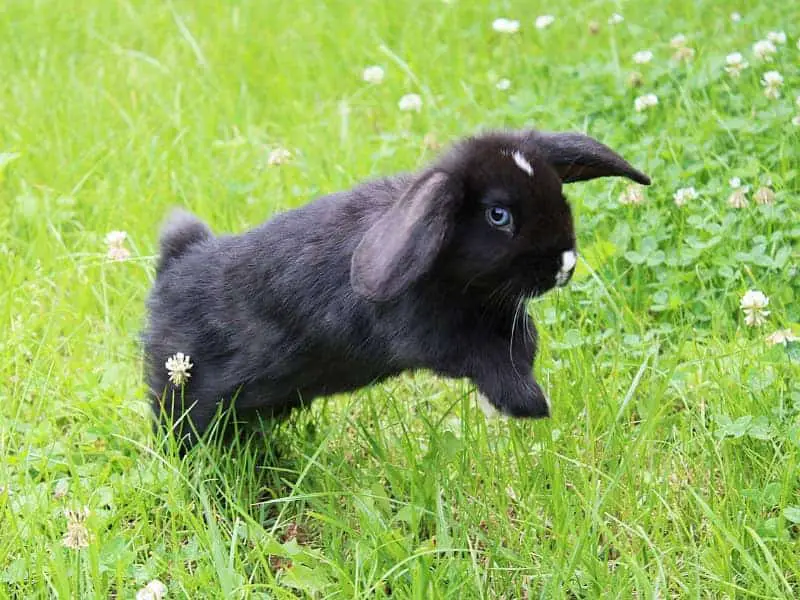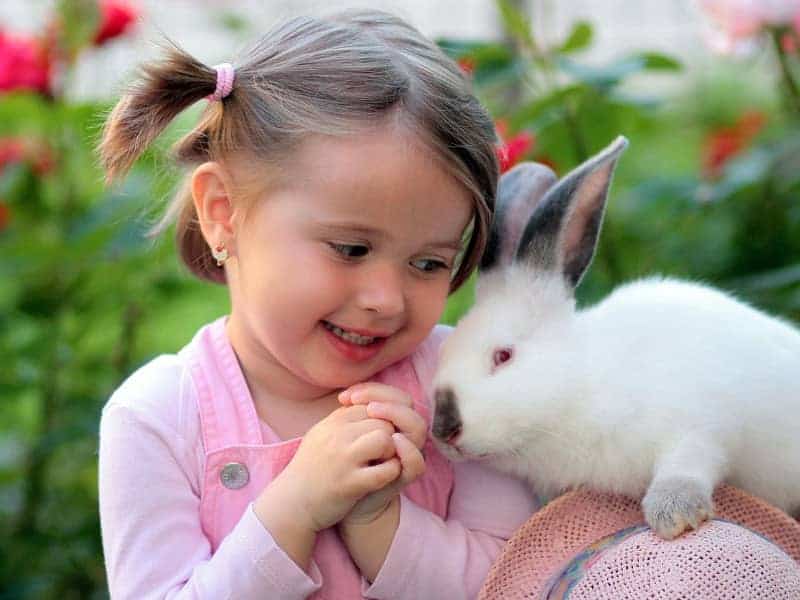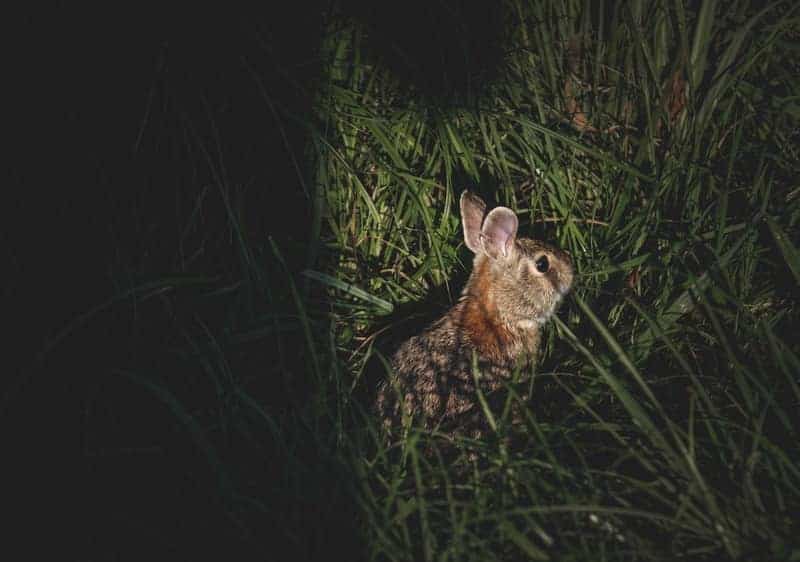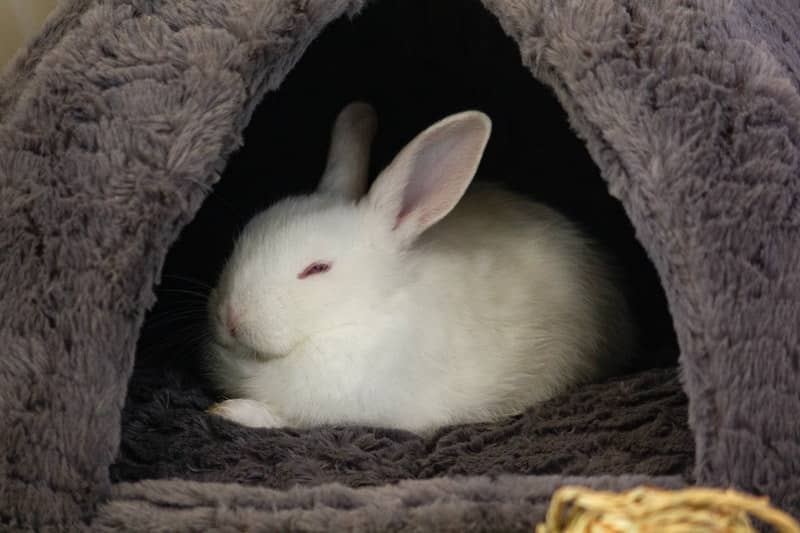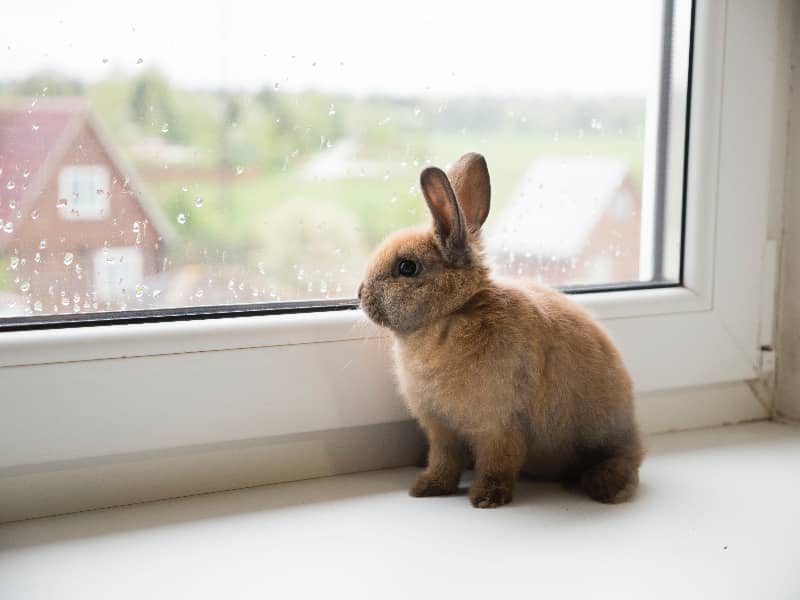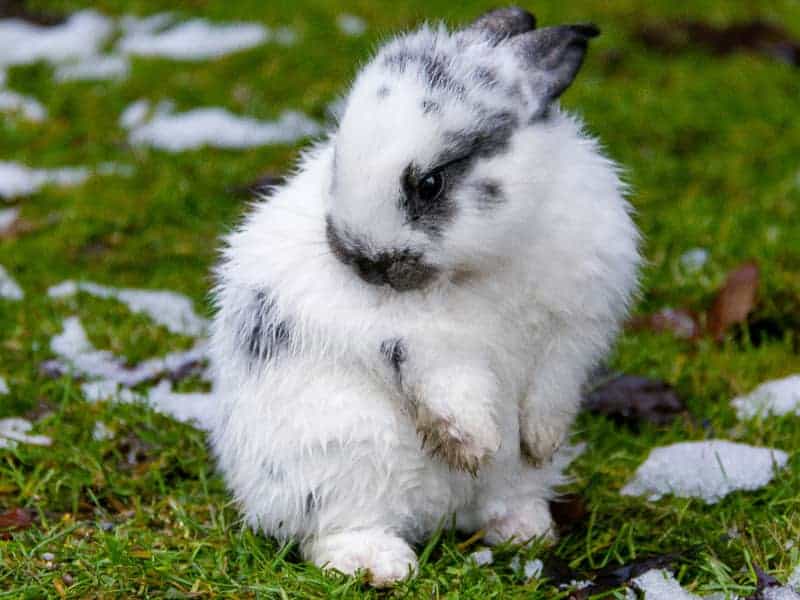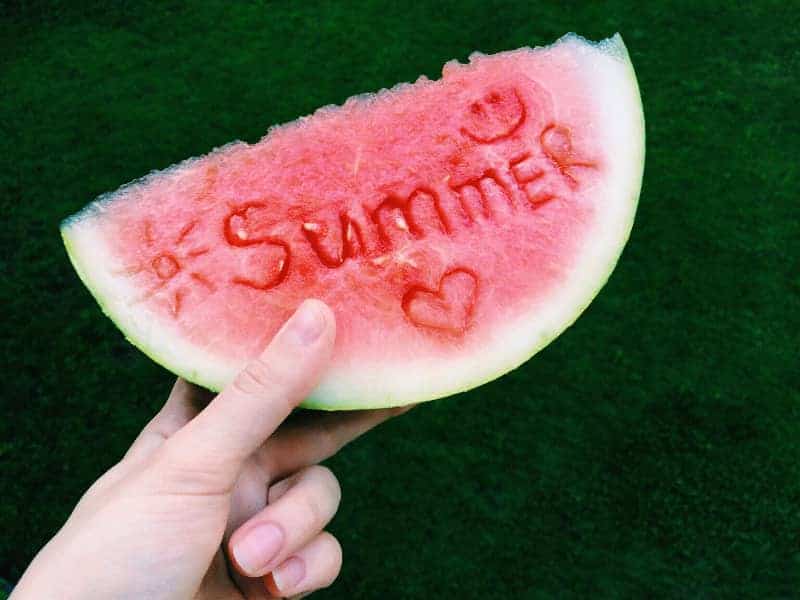
Are rabbits allowed to eat watermelon?
Hello, dear rabbit friend! Today we venture into a fruity dimension of rabbit nutrition and answer the question that may have been bothering you for a while: Are rabbits allowed to eat watermelon? Make yourself comfortable and grab a cup of tea, because here comes a detailed answer.
- Are rabbits allowed to eat watermelon?
- Small rodents, great curiosity and the watermelon
- Watermelons: A summer treat?
- The sugar content: why it is important to keep moderation
- The right portion size: less is more
- Safety first also applies to watermelons
- The role of fruit in rabbit nutrition
- Pay attention to the reaction of your rabbit
- The importance of variety
- Hydration and heat: the role of watermelon
- What about other melon varieties?
- The role of fiber: Why hay is so important
- The correct handling of the watermelon
- Other fruits and vegetables for rabbits
- About the adaptability of rabbits
- Rabbits are individualists
- Conclusion - Are rabbits allowed to eat watermelon?
Small rodents, great curiosity and the watermelon
Before we dive right into the topic, let's take a moment to explore the fascinating world of rabbits. As rodents, they are known for their curiosity and strong urge to explore everything edible. At the same time, rabbits are also very sensitive animals with special dietary needs. The wrong diet can easily lead to health problems, so it's hugely important to know what your fur friend can and can't tolerate.
Watermelons: A summer treat?
When the temperatures rise, there is hardly anything more refreshing than a juicy watermelon. But are rabbits allowed to eat watermelon? The short answer is yes, but in moderation. Watermelon is not harmful to rabbits, but it does contain a lot of sugar and water, which can cause diarrhea if consumed in excessive amounts.
The sugar content: why it is important to keep moderation
Watermelon contains about 6 % of sugar. That may not sound like a lot, but for a small animal like a rabbit, which should eat mostly fiber and greens, that's a lot.
Too much sugar can lead to obesity, digestive disorders and dental problems in rabbits. Therefore, watermelon - like all sugary foods - should only be given occasionally and in small amounts.
The right portion size: less is more
So how much watermelon is okay for your rabbit? A small piece, about the size of a cube, should be enough. It is important to remember that watermelon is not a substitute for regular rabbit food. It should be considered a treat that is given only occasionally.
Safety first also applies to watermelons
Before giving watermelon to your rabbit, be sure to remove all seeds. These can be a choking hazard for your rabbit. In addition, the watermelon should be well washed to remove possible pesticides or dirt. And not to forget: The skin of the watermelon should not be consumed. It is hard and can be difficult for your rabbit to chew and digest.
The role of fruit in rabbit nutrition
It is also important to point out that watermelon, like any other fruit, should never replace your rabbit's main diet. The base of your rabbit's diet should always be hay and fresh greens. Fruit can serve as a treat, but should only be given in small amounts due to the high sugar content.
Pay attention to the reaction of your rabbit
When you first give watermelon to your rabbit, watch his reaction carefully. Each rabbit is an individual, and what works fine for one may not work for another. If your rabbit gets diarrhea after eating watermelon or seems uncomfortable in some other way, it is better to avoid this fruit and use safer treats instead.
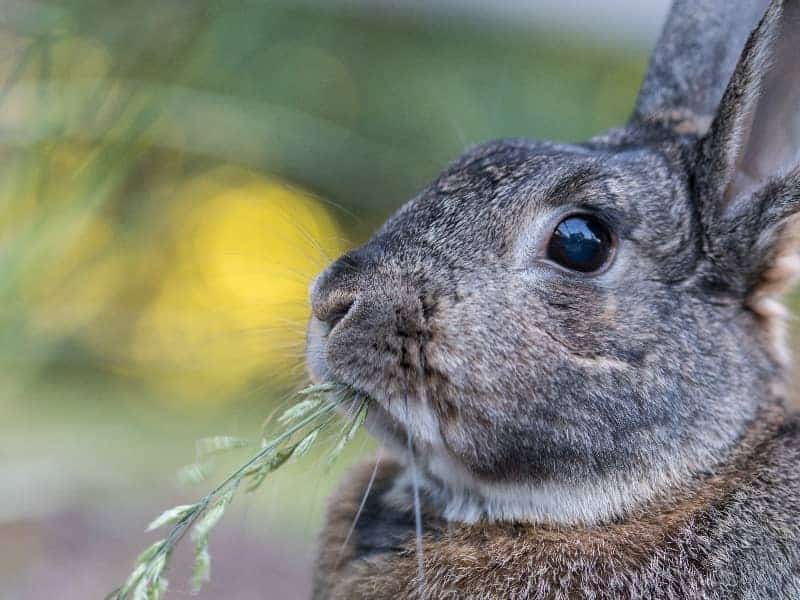
The importance of variety
Lastly, it is important to remember that a varied diet is critical to your rabbit's health. Watermelon can be one of many different fruits you offer your rabbit. Always take into account individual tolerance and keep the amounts small.
So now you know that your rabbit can eat watermelon - but always in moderation. It's a delicious change for hot summer days and can certainly please your little long-eared one. As with anything you give your rabbit, it's important to stay vigilant and make sure it's well tolerated.
Hydration and heat: the role of watermelon
During the hot summer months, watermelon can not only be a sweet treat, but also a good source of water for your rabbit. Rabbits are heat sensitive animals and can easily become dehydrated in high temperatures. A small amount of watermelon can help keep them hydrated, but of course fresh water should always be available.
What about other melon varieties?
Now that we've discussed watermelon in detail, you may be wondering: what about other types of melons? Honeydew melons, cantaloupe or galia melons are also edible for rabbits and can be used as treats similar to watermelons. Again, watch the amount and your rabbit's reaction.
The role of fiber: Why hay is so important
It's worth mentioning why hay is so crucial to your rabbit's diet. Hay is rich in fiber, which is important for healthy digestion. This fiber helps keep your rabbit's gastrointestinal tract moving at all times, which prevents constipation. A lack of fiber can lead to serious health problems in rabbits.
The correct handling of the watermelon
It is important to remember that all fresh foods, including watermelon, can spoil quickly, especially in the summer heat. Make sure no leftover watermelon or other fruit is left in your rabbit's cage, as it could mold and harm your rabbit. Give only as much as your rabbit can eat right away, and put the rest away.
Other fruits and vegetables for rabbits
While we're talking about using watermelon as a treat for your rabbit, it's also good to know what other fruits and vegetables rabbits can eat. Apples (without seeds), pears, peaches, cherries (without seeds), strawberries, raspberries, blackberries and blueberries are all safe options. For vegetables, carrots, peppers, zucchini, broccoli and fennel are suitable.
About the adaptability of rabbits
Interestingly, rabbits can adapt to different types of food depending on what is available in their environment. In the wild, rabbits feed mainly on grasses and hay, but also on roots, tubers, and leaves. The ability to adapt to different food sources helps them survive in different environments. This makes rabbits very hardy animals.
Rabbits are individualists
Finally, I would like to reiterate that each rabbit is unique. What works perfectly for one rabbit may not work for another. Some rabbits love fruit, others prefer vegetables. Some tolerate fruit well, others get diarrhea from it easily. It is important to keep a close eye on your rabbit and adjust his diet accordingly.
Conclusion - Are rabbits allowed to eat watermelon?
The well-being of our pets is close to all of our hearts. By taking the time to look into their diet and providing them with a variety of safe and healthy options, we show our affection and care. Your rabbit will thank you with health and contentment.
So, now we are really at the end of our fruity journey. I hope you've learned a lot of new things and feel more confident about rabbits and watermelon. Always keep an eye on the health and well-being of your furry friend - and don't forget to treat him to a little piece of watermelon every now and then!
Author

-
Garden animal - A life with nature
Welcome to my animal blog! My name is Dirk and I am happy to take you on my journey through the fascinating world of animals and gardening.
Born 54 years ago, I have had an insatiable curiosity for the animal world around me since childhood. Although I have moved professionally in other industries, my true passion has always been animals and nature. It is remarkable how a small garden has become such an important part of my life.
Many of my fondest memories are associated with the animals that share our home. Whether it's the curious squirrels that scurry across the trees in the morning, the colorful variety of birds that visit our feeders, or the busy bees and butterflies that pollinate our flowers, every moment with them is invaluable to me.
This blog is my contribution to share my experiences, discoveries and insights with like-minded people. Here I will share stories of unforgettable encounters with animals, give tips on gardening and creating wildlife-friendly habitats, and take you on my journeys through nature.
Thank you so much for being here!
Cordial,
Dirk aka garden animal
Last posts
- 27. February 2024PetsVeganes Hundefutter – Grün und Gesund?
- 18. January 2024ChickensOregano für Hühner
- November 27, 2023HamsterDiurnal hamsters
- November 24, 2023HamsterHamster hammock

